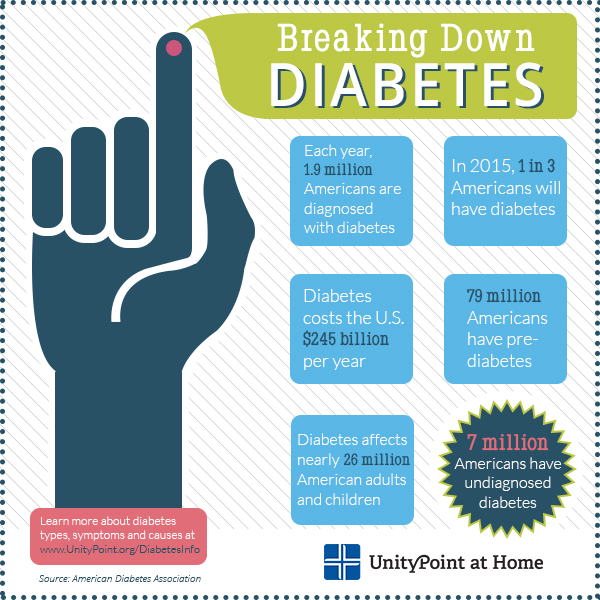How Does Diabetes Affect the Immune System?
Diabetes mellitus is a chronic metabolic disorder associated with elevated blood glucose (blood sugar). Despite the serious health risks that diabetes can pose, it affects an alarming number of people in the United States (more than 34 million).
However, having this medical issue doesn’t only affect your heart, kidneys, and brain, but it also has long-term and damaging effects on your immune system. Long-term uncontrolled diabetes weakens your immune system and increases your vulnerability to illnesses and infections.
But what is the reason for this? How does diabetes affect the immune system?
- Diabetes impairs white blood cells’ ability to reach the site of infection.
- Chronic hyperglycemia slows blood perfusion via blood vessels.
- High glucose levels inhibit and suppress neutrophil synthesis.
- Diabetes causes a reduced complement response
- Bacteria thrive and grow in an environment of high blood sugar.
Here are the five primary ways diabetes can affect the immune system. You can prevent these issues from worsening by controlling and managing your blood sugar levels and keeping them within limits. Therefore, taking your medicines on time, eating a healthy diet, avoiding junk food, exercising, and staying hydrated can lower the threat presented by the above.
Why does diabetes affect the immune system?

When you have diabetes, the immune system starts attacking and destroying the beta cells located in the pancreas. Ultimately, this leads to a lack of hormone insulation, which means that the sugar glucose level in the blood can’t be controlled.
Though diabetes is still a considerable health risk to people worldwide, there’s a lack of understanding about it. Researchers and scientists are still trying to discover why immune cells attack insulin-producing cells.
Without an in-depth or comprehensive understanding of this, it’s challenging to determine why diabetes affects your immune system. However, with more clinical research studies around this topic happening worldwide, we can soon develop a better understanding of this and reduce its severity.
How to boost your immune system even if you have diabetes
Your immune system is an incredible bodily function that ensures that you’re healthy and fighting off diseases. When it becomes weaker because of diabetes, you need to take extra measures to ensure it’s boosted. Doing this will help you reduce the number of times you’re sick, improving your lifestyle immensely.
One of the most prominent ways to increase the stress on your immune system is by lowering stress. High levels of stress can cause your immune system to become weaker and make those with stress frequently ill.
There are several ways you can approach this. Having a good diet, active life, and meditation classes can help. Other methods for strengthening the immune system include:
- Stop smoking
- Avoid drinking too much alcohol
- Enhance your sleeping patterns
- Have a well-balanced diet rich in whole foods
- Obtain adequate vitamin D
Protect your immune system
Now that you understand how diabetes affects the immune system, it’s time to get protected. Guarantee you’re living a healthy, active life that includes a well-rounded diet. These small actions can help reduce the severity of the illness and lower the problems that can occur.


